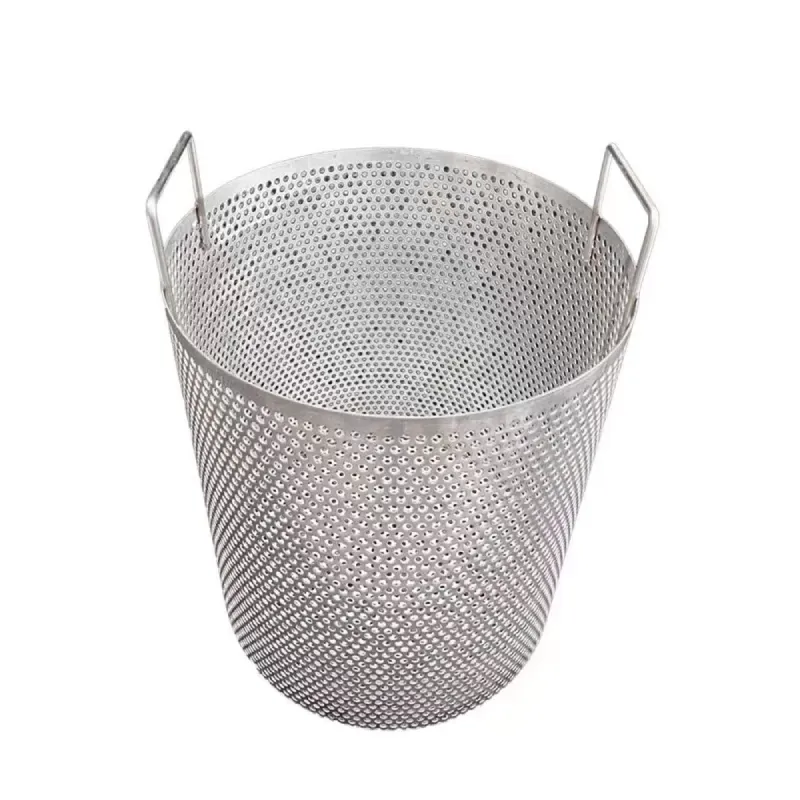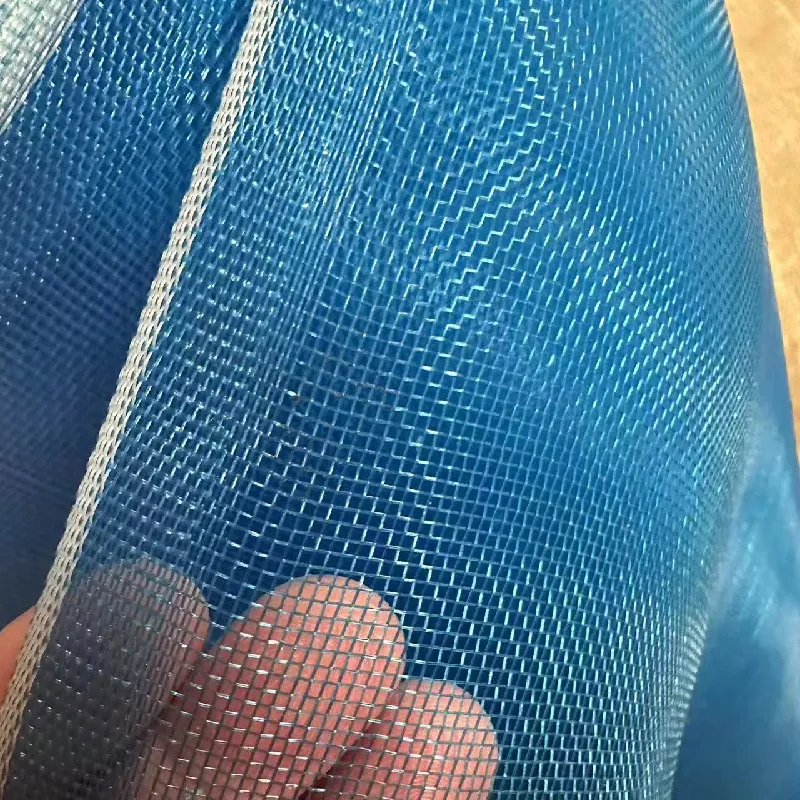-
 Afrikaans
Afrikaans -
 Albanian
Albanian -
 Amharic
Amharic -
 Arabic
Arabic -
 Armenian
Armenian -
 Azerbaijani
Azerbaijani -
 Basque
Basque -
 Belarusian
Belarusian -
 Bengali
Bengali -
 Bosnian
Bosnian -
 Bulgarian
Bulgarian -
 Catalan
Catalan -
 Cebuano
Cebuano -
 China
China -
 Corsican
Corsican -
 Croatian
Croatian -
 Czech
Czech -
 Danish
Danish -
 Dutch
Dutch -
 English
English -
 Esperanto
Esperanto -
 Estonian
Estonian -
 Finnish
Finnish -
 French
French -
 Frisian
Frisian -
 Galician
Galician -
 Georgian
Georgian -
 German
German -
 Greek
Greek -
 Gujarati
Gujarati -
 Haitian Creole
Haitian Creole -
 hausa
hausa -
 hawaiian
hawaiian -
 Hebrew
Hebrew -
 Hindi
Hindi -
 Miao
Miao -
 Hungarian
Hungarian -
 Icelandic
Icelandic -
 igbo
igbo -
 Indonesian
Indonesian -
 irish
irish -
 Italian
Italian -
 Japanese
Japanese -
 Javanese
Javanese -
 Kannada
Kannada -
 kazakh
kazakh -
 Khmer
Khmer -
 Rwandese
Rwandese -
 Korean
Korean -
 Kurdish
Kurdish -
 Kyrgyz
Kyrgyz -
 Lao
Lao -
 Latin
Latin -
 Latvian
Latvian -
 Lithuanian
Lithuanian -
 Luxembourgish
Luxembourgish -
 Macedonian
Macedonian -
 Malgashi
Malgashi -
 Malay
Malay -
 Malayalam
Malayalam -
 Maltese
Maltese -
 Maori
Maori -
 Marathi
Marathi -
 Mongolian
Mongolian -
 Myanmar
Myanmar -
 Nepali
Nepali -
 Norwegian
Norwegian -
 Norwegian
Norwegian -
 Occitan
Occitan -
 Pashto
Pashto -
 Persian
Persian -
 Polish
Polish -
 Portuguese
Portuguese -
 Punjabi
Punjabi -
 Romanian
Romanian -
 Russian
Russian -
 Samoan
Samoan -
 Scottish Gaelic
Scottish Gaelic -
 Serbian
Serbian -
 Sesotho
Sesotho -
 Shona
Shona -
 Sindhi
Sindhi -
 Sinhala
Sinhala -
 Slovak
Slovak -
 Slovenian
Slovenian -
 Somali
Somali -
 Spanish
Spanish -
 Sundanese
Sundanese -
 Swahili
Swahili -
 Swedish
Swedish -
 Tagalog
Tagalog -
 Tajik
Tajik -
 Tamil
Tamil -
 Tatar
Tatar -
 Telugu
Telugu -
 Thai
Thai -
 Turkish
Turkish -
 Turkmen
Turkmen -
 Ukrainian
Ukrainian -
 Urdu
Urdu -
 Uighur
Uighur -
 Uzbek
Uzbek -
 Vietnamese
Vietnamese -
 Welsh
Welsh -
 Bantu
Bantu -
 Yiddish
Yiddish -
 Yoruba
Yoruba -
 Zulu
Zulu
Feb . 10, 2025 10:01
Back to list
plastic garden mesh
Garden nets have transformed the way gardening enthusiasts manage and protect their greenery, offering a spectrum of solutions that are indispensable for both amateur and seasoned gardeners. The use of garden net plastic, in particular, brings a unique blend of versatility, durability, and cost-effectiveness that makes it a preferred choice in various gardening practices.
Crafting a trust-infused narrative around garden net plastic relies heavily on consumer testimonials and expert reviews. Gardeners often share their success stories of bountiful harvests and thriving plants attributed to the use of quality plastic netting. These accounts form the foundation of trust, guiding new users in their purchasing decisions and ensuring that they select products that align with expert recommendations. Environmentally conscious gardeners are sometimes concerned about the use of plastic in their gardens. However, manufacturers have responded to these concerns by developing recyclable and biodegradable plastic options, which underscores their commitment to sustainability. By selecting eco-friendly garden net plastics, gardeners can protect their plants while reducing their carbon footprint, harmonizing their passion for gardening with ecological responsibility. Investment in premium garden net plastics is a common recommendation by experts to ensure longevity and performance. High-grade materials offer enhanced UV resistance and are engineered to withstand various weather conditions, which is a critical consideration for maintaining garden integrity year-round. Gardeners with extensive experience often advocate for these products, highlighting how the initial investment is offset by their durability and effectiveness. Moreover, the flexibility of garden net plastics allows for a wide range of applications beyond traditional gardening. They are often utilized in agricultural settings, aquaculture, and even in urban architecture for green walls, demonstrating their ability to adapt to varying needs, thus establishing their importance in contemporary horticulture practices. In conclusion, the strategic employment of garden net plastic is an embodiment of expert gardening techniques, offering robust solutions to common horticultural challenges. Supported by user experiences and expert insights, these products prove to be trustworthy allies in the quest for a healthy, productive garden. By embracing innovative, sustainable practices with garden net plastic, gardeners can ensure their endeavors contribute positively to their environment, making it an essential consideration for anyone looking to improve their green spaces.


Crafting a trust-infused narrative around garden net plastic relies heavily on consumer testimonials and expert reviews. Gardeners often share their success stories of bountiful harvests and thriving plants attributed to the use of quality plastic netting. These accounts form the foundation of trust, guiding new users in their purchasing decisions and ensuring that they select products that align with expert recommendations. Environmentally conscious gardeners are sometimes concerned about the use of plastic in their gardens. However, manufacturers have responded to these concerns by developing recyclable and biodegradable plastic options, which underscores their commitment to sustainability. By selecting eco-friendly garden net plastics, gardeners can protect their plants while reducing their carbon footprint, harmonizing their passion for gardening with ecological responsibility. Investment in premium garden net plastics is a common recommendation by experts to ensure longevity and performance. High-grade materials offer enhanced UV resistance and are engineered to withstand various weather conditions, which is a critical consideration for maintaining garden integrity year-round. Gardeners with extensive experience often advocate for these products, highlighting how the initial investment is offset by their durability and effectiveness. Moreover, the flexibility of garden net plastics allows for a wide range of applications beyond traditional gardening. They are often utilized in agricultural settings, aquaculture, and even in urban architecture for green walls, demonstrating their ability to adapt to varying needs, thus establishing their importance in contemporary horticulture practices. In conclusion, the strategic employment of garden net plastic is an embodiment of expert gardening techniques, offering robust solutions to common horticultural challenges. Supported by user experiences and expert insights, these products prove to be trustworthy allies in the quest for a healthy, productive garden. By embracing innovative, sustainable practices with garden net plastic, gardeners can ensure their endeavors contribute positively to their environment, making it an essential consideration for anyone looking to improve their green spaces.
Next:
Latest news
-
Shipping Plastic Bags for Every NeedNewsJul.24,2025
-
Safety Netting: Your Shield in ConstructionNewsJul.24,2025
-
Plastic Mesh Netting for Everyday UseNewsJul.24,2025
-
Nylon Netting for Every UseNewsJul.24,2025
-
Mesh Breeder Box for Fish TanksNewsJul.24,2025
-
Expanded Steel Mesh Offers Durable VersatilityNewsJul.24,2025











